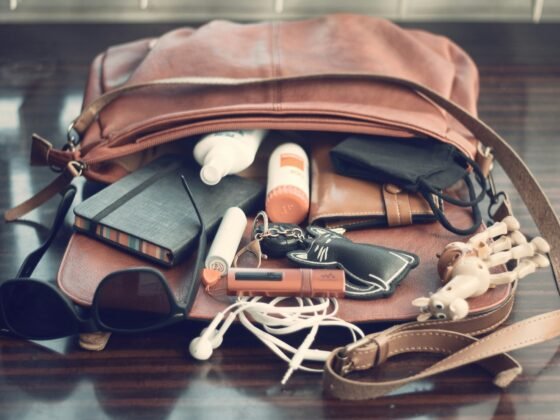It’s hard to resist sharing vacation photos with your friends and family online. Nowadays, people share more of their lives on social media than they do in person.
Sometimes you have to visit a friend’s social media page to find out they’ve gotten married, had a kid, or moved out of state. Though an online forum can feel like a private community to share your life with others, it’s not exactly private.
If you don’t change your privacy settings to keep all your content between you and your friends, posts and photos can become public. You may not care about the general public viewing your vacation photos, but if you’re in the middle of a personal injury case, such images can come back to haunt you.
Injured while traveling? Don’t post to social media accounts
Nobody expects to be involved in a car accident on vacation, but it can happen. If it happens to you, your first impulse might be to post about it on social media, but that’s a bad idea that can cost you all or some of your potential compensation.
If you’ve been injured in a car accident, you need all the compensation you can get. Thankfully, there are multiple claims you file to recover as much as possible.
The NYE Law Group outlines 12 common damages paid to car accident victims, including:
-
Lost income
-
Medical costs
-
Vehicle damage
-
Physical therapy
-
Mental health services
-
Emotional trauma
-
Scarring/disfigurement/permanent injury
-
Loss of enjoyment of life
Compensation for physical injuries is comparatively easy to obtain. Emotional damage and suffering present more of a challenge.
Emotional distress and loss of enjoyment of life are tricky claims to prove and collect on. Legally, emotional damages are difficult for claimants to establish, and are far too easy for insurance companies to disprove.
Insurance companies routinely use social media to deny claims
Never forget that insurance companies are for-profit operations and will do anything to keep money in their pockets. Denying claims and offering lowball settlements are how they keep their profits.
Insurance companies will investigate every claim they receive, which these days includes scouring the claimant’s social media accounts for evidence of fraud. For example, they’ll look for photos that show the condition of your car prior to the accident to make sure you’re not claiming pre-existing damage.
They’ll also look for witnesses, and flip through your photos to see if your injuries are as serious as you claim.
Your claim might be denied even if you’re not committing fraud
If you’re not hiding anything, you might assume you have nothing to worry about. Unfortunately, in recent years, even innocent social media posts have contributed support to the denial of insurance claims and even lost court cases.
A wrongful termination case against Home Depot was settled out of court after the company found “happy birthday” messages posted to the plaintiff’s Facebook wall. To the court, those dozens of birthday wishes were proof the plaintiff was enjoying life, and her emotional distress claims were denied.
Similarly, in 2000, a Canadian woman lost her claim for “loss of enjoyment of life” when she posted photos on Facebook that showed her dancing and enjoying life with her brother after her car accident.
Keep your life private until your case is complete
If you want to share the details of your accident with your friends, call them to share that information privately, and refrain from posting any photos after the event. Posting any kind of vacation photos taken after you’ve been injured will create an impression that might destroy your case and prevent you from recovering compensation.
By continuing to post photos of your vacation to social media, you’re telling the world (and insurance adjusters) that your injuries aren’t preventing you from enjoying life, and you’re not suffering from emotional distress. Courts and insurance companies tend to take everything at face value, even though it’s widely known that people don’t represent themselves accurately on social media.
People tend to project a positive image to their friends, and smiling photos often mask emotional pain. It’s tough, but if you’re involved in a personal injury case, whether you’re working with an insurance company or a lawyer, stop posting on social media.
Wait until your case is resolved and you’ve recovered from your injuries to start uploading happy content again. The last thing you want is to be sued for insurance fraud after your case has settled.












